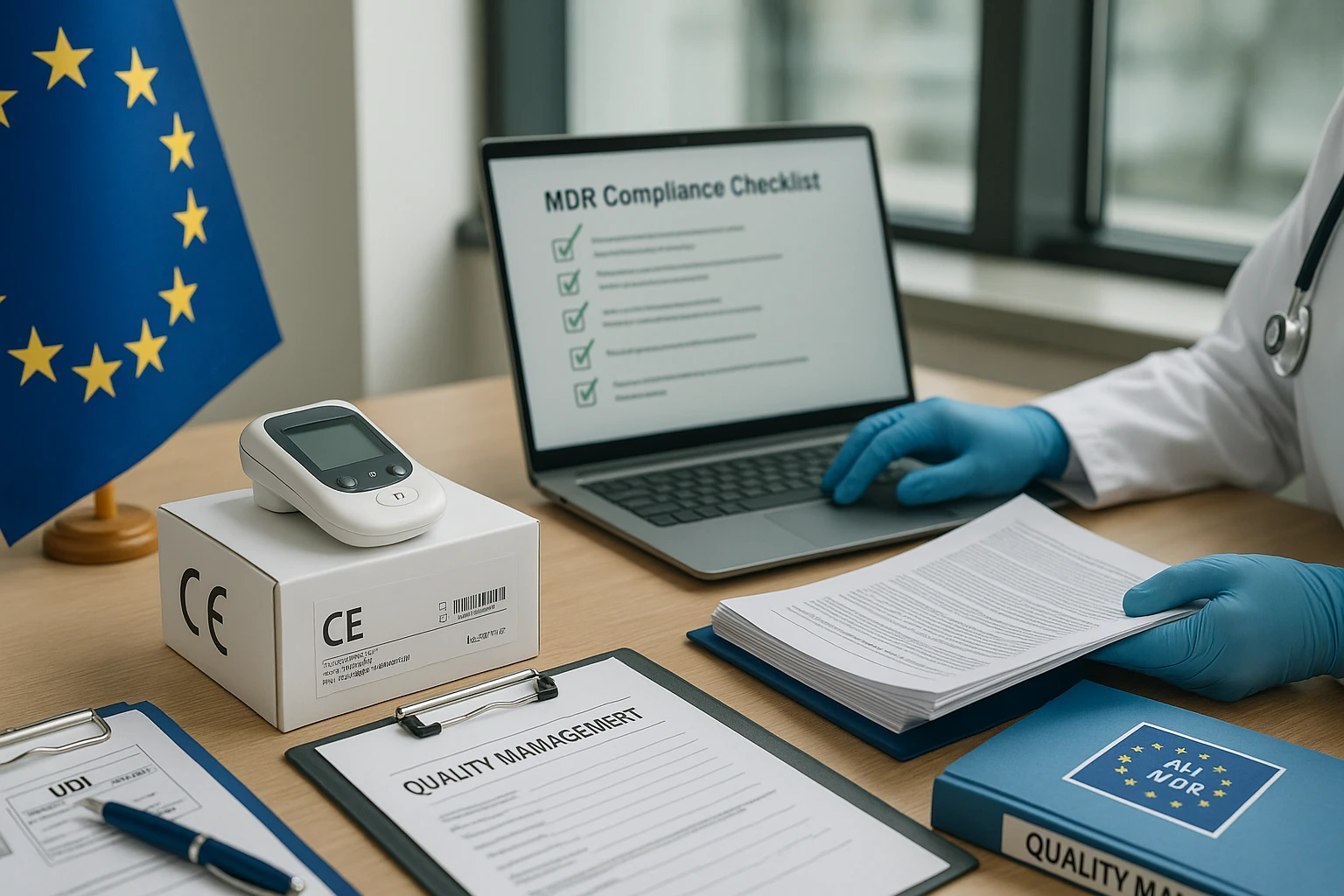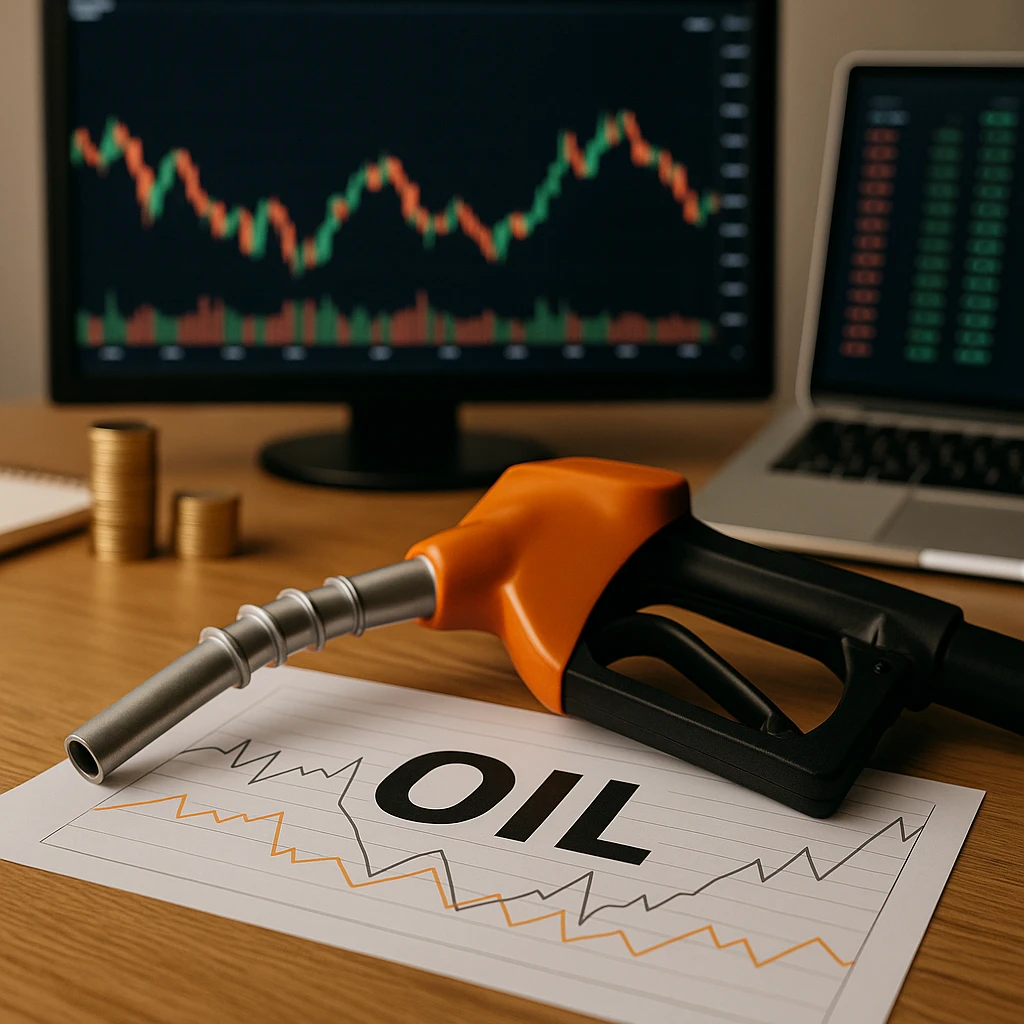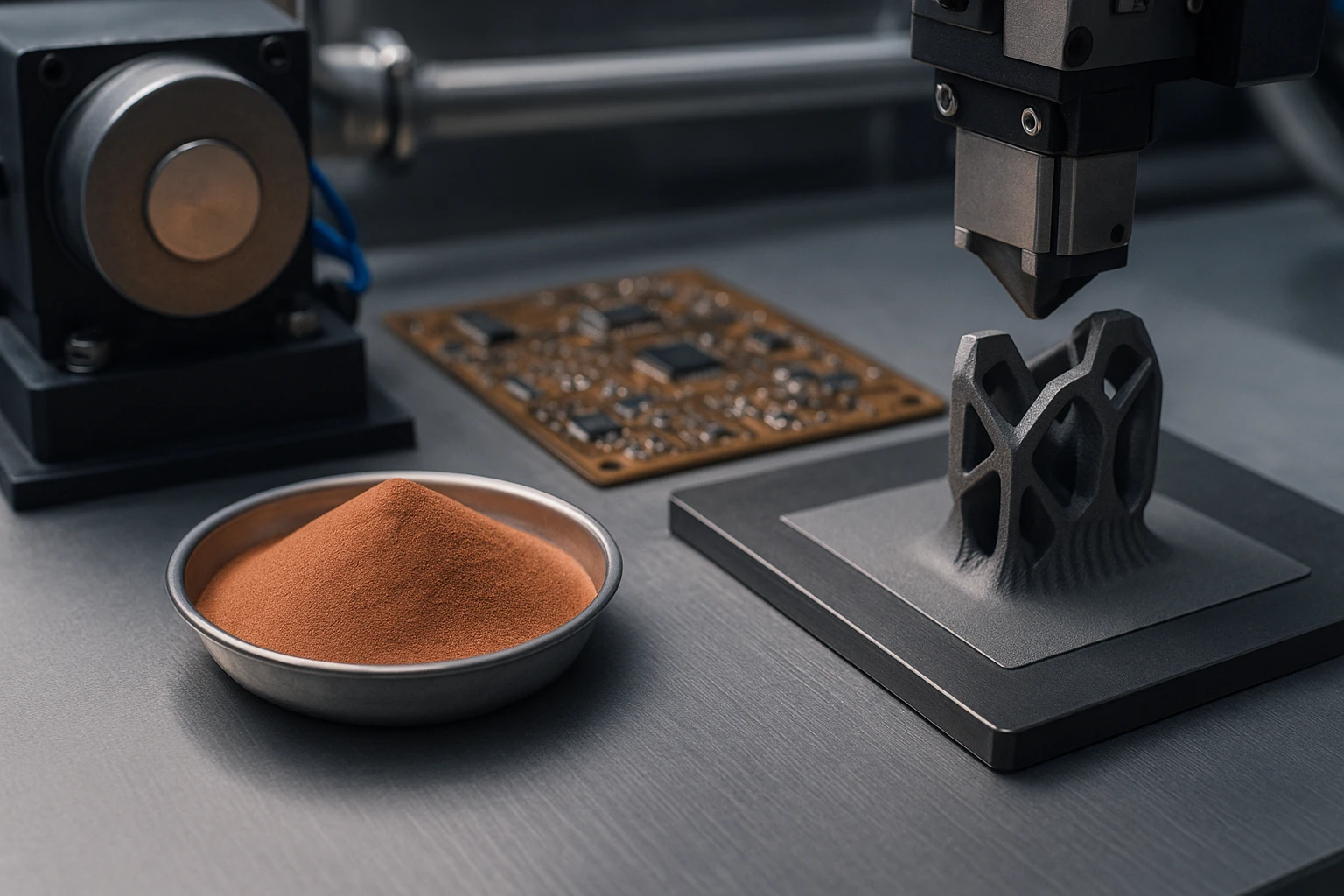How to Bring a Medical Device to Market in Europe: Step-by-Step Regulatory & Compliance Guide 🏥📦🇪🇺
Title: How to Bring a Medical Device to Market in Europe: Step-by-Step Regulatory & Compliance Guide
Meta Description: Learn the essential regulatory steps to launch a medical device in Europe under the MDR, from classification and conformity assessment to post-market surveillance.
Keywords: medical device Europe, MDR compliance, CE marking, market entry strategy, medical device regulation, EU medical device approval
Introduction
Entering the European market with a medical device requires navigating a strict regulatory framework. The EU Medical Device Regulation (MDR) emphasizes safety, traceability, and transparency. Whether you're a manufacturer, distributor, or importer, this guide breaks down the essential steps to get your device approved, compliant, and commercially available in Europe. 🚀
1. 🏷️ Determine Device Classification
The first step is to classify your device under the MDR (Class I, IIa, IIb, III) based on risk, invasiveness, and intended use.
-
Class I: Low risk (often self-declared).
-
Class IIa / IIb / III: Medium to high risk — require a Notified Body.
Tip: Misclassification causes delays. Get early input from regulatory experts or pre-submission advice from a Notified Body.
2. 📚 Establish a Quality Management System (QMS)
Compliance with ISO 13485 is essential. A strong QMS ensures consistent design, production, and control:
-
Documented procedures (design control, supplier management)
-
Traceability from components to final product
-
Risk management (ISO 14971)
-
Internal audits and change control
Non-EU manufacturers need an EU Authorized Representative to act on their behalf. 🇪🇺🤝
3. 🧪 Conduct Clinical Evaluation
You must demonstrate safety and performance through clinical evidence:
-
Use existing data (literature or equivalent devices) or generate new data via clinical investigations
-
Maintain and regularly update a Clinical Evaluation Report (CER)
4. 🏛️ Engage a Notified Body (if applicable)
For higher-risk devices:
-
Select an appropriate Notified Body under MDR
-
Submit your technical documentation (Technical File / Design Dossier)
-
Undergo conformity assessment (audits, data review, testing)
-
Receive the CE Certificate upon approval
5. 📁 Prepare Technical Documentation
Your dossier must include:
-
Device description & specifications
-
Design and manufacturing details
-
Risk management file
-
Clinical evaluation data
-
Labeling & Instructions for Use (IFU)
-
UDI plan
-
Post-Market Surveillance (PMS) strategy
6. 🆔 Implement UDI & Registration
-
Assign a Unique Device Identifier (UDI) for traceability
-
Register the device and economic operators in EUDAMED (as per rollout status)
-
Ensure proper labeling: CE mark, UDI carrier, IFU
7. 📊 Post-Market Surveillance (PMS) & Vigilance
Compliance continues after market entry:
-
Collect real-world performance data
-
Maintain Periodic Safety Update Reports (PSUR) for higher-risk devices
-
Report incidents and corrective actions promptly
-
Update technical documentation based on feedback
8. 🚚 Distribution & Supply Chain Controls
-
Clarify roles of distributors/importers (storage, traceability, verification)
-
Maintain traceability for rapid recall or action
-
Have clear agreements outlining responsibilities
9. ⚠️ Common Pitfalls & Best Practices
Pitfalls:
-
Underestimating evidence requirements
-
Incomplete documentation
-
Neglecting updates to CER or PMS data
-
Weak supplier oversight
Best Practices:
✅ Early Notified Body engagement
✅ Modular, version-controlled documentation
✅ Scalable PMS infrastructure
✅ Clear and compliant labeling
10. 🤝 How Hema Handels GmbH Supports You
We help streamline European market entry by:
-
Connecting you with compliance consultants and Authorized Representatives
-
Sourcing compliant components and devices
-
Coordinating regulatory-aware logistics
-
Assisting with documentation, traceability, and vigilance feedback
Conclusion & CTA
Successfully launching a medical device in Europe demands planning, compliance discipline, and ongoing vigilance. Partnering with experienced specialists reduces risk and accelerates access.
📩 Call to Action: Tell us about your device and get a tailored market entry plan.




Kommentare: